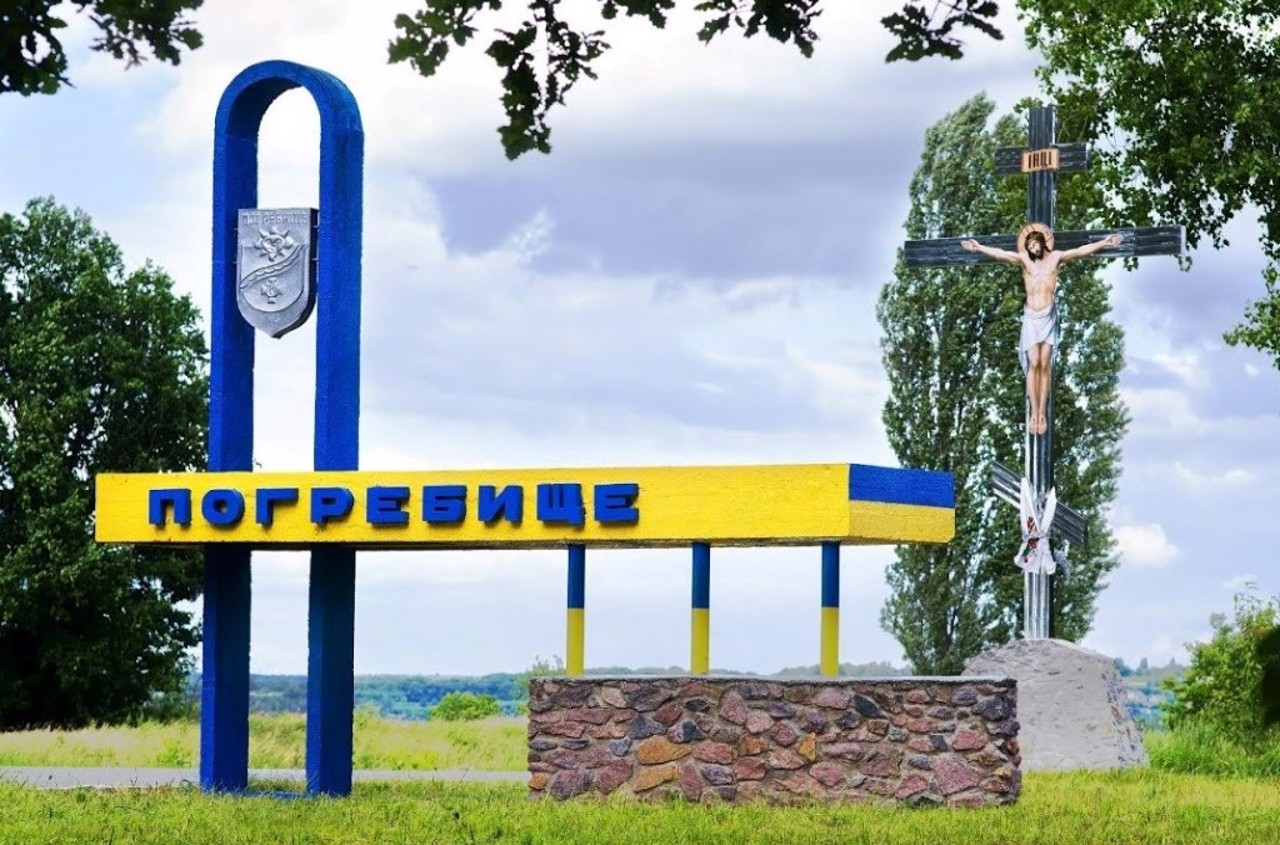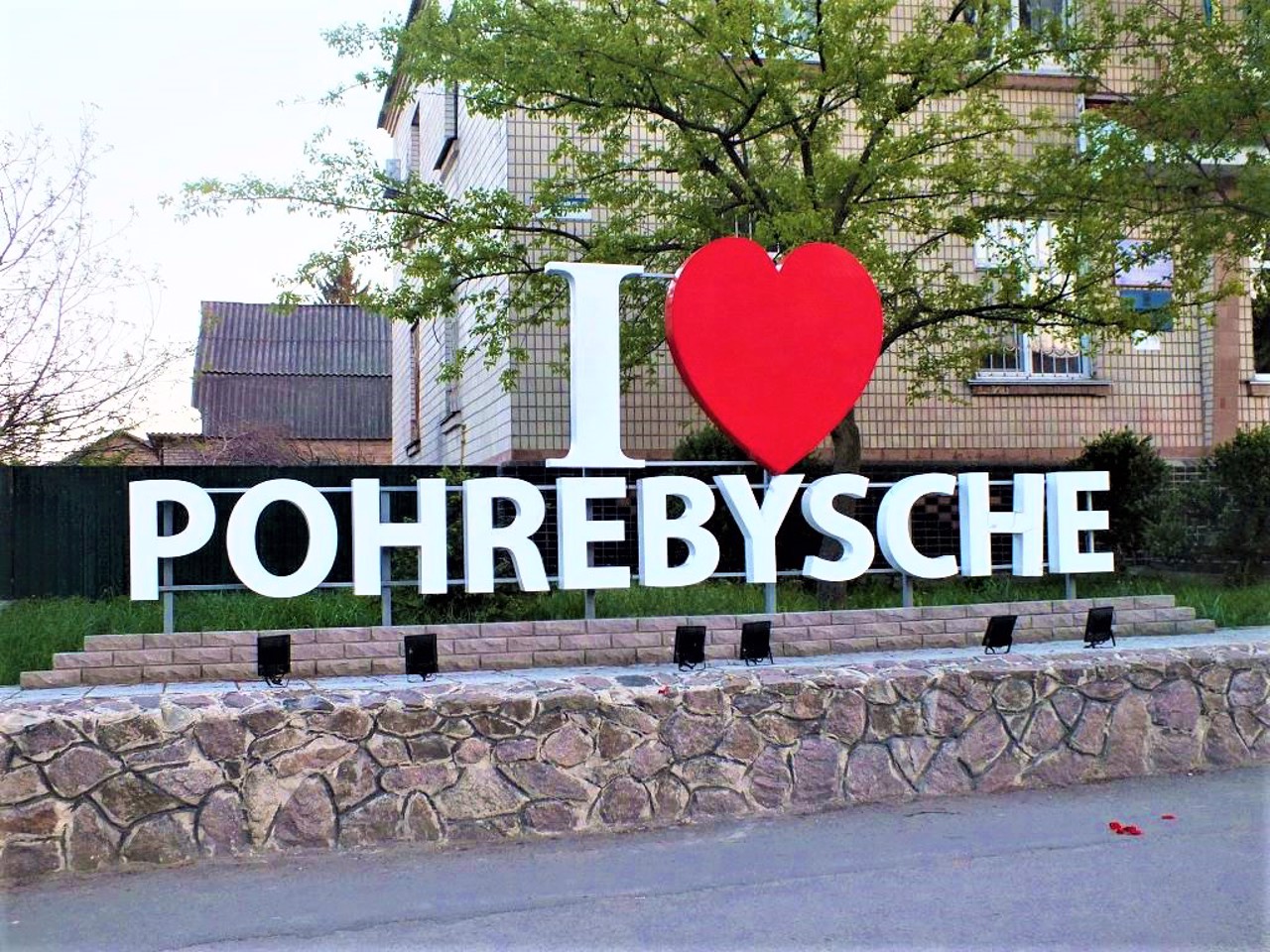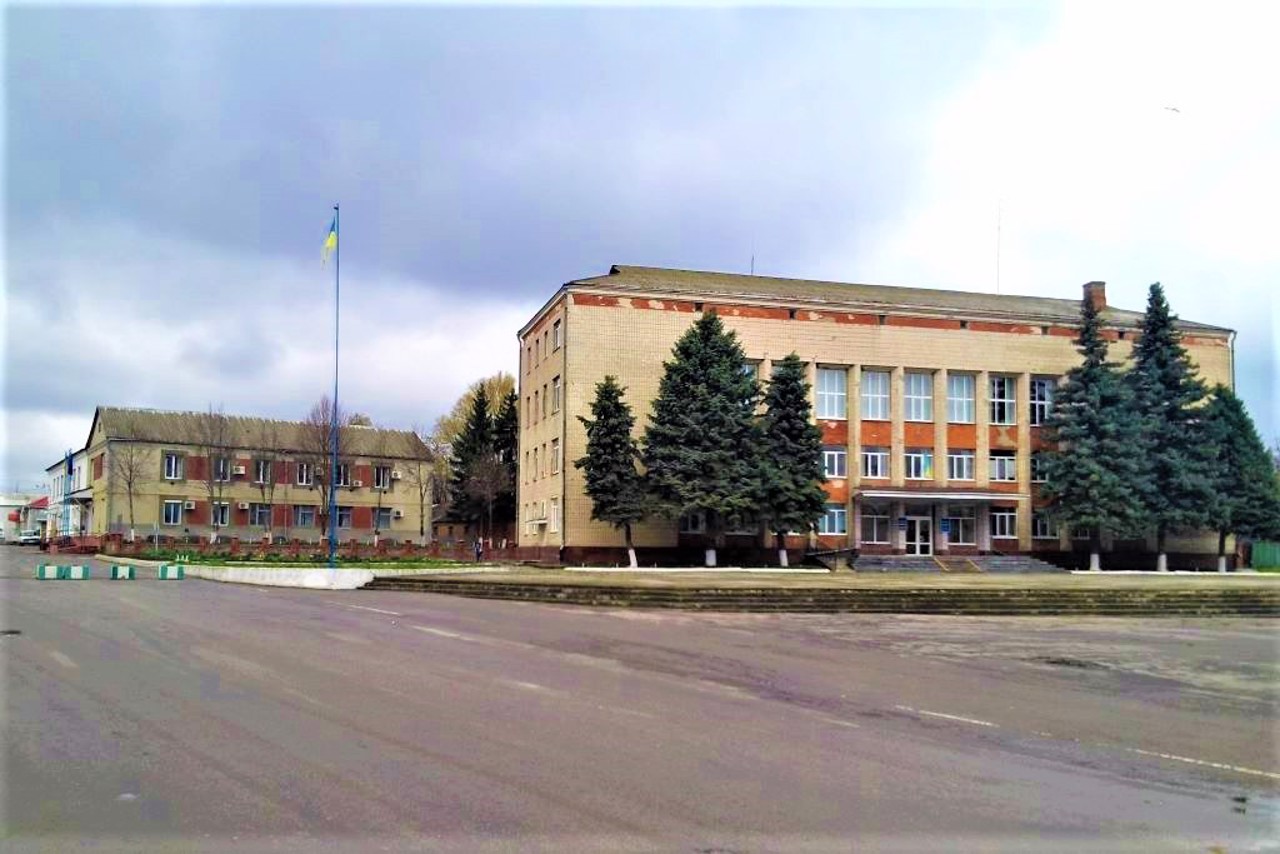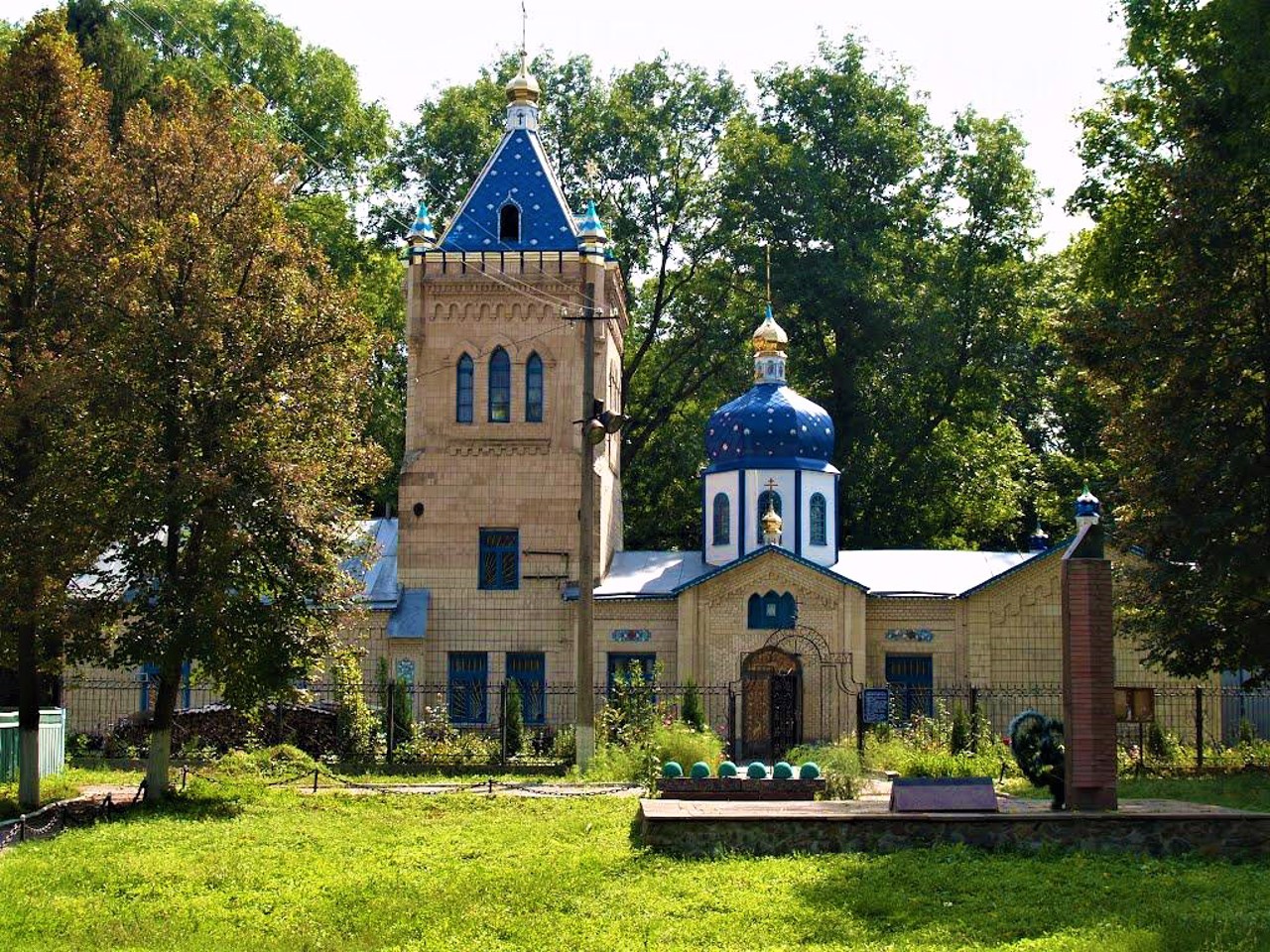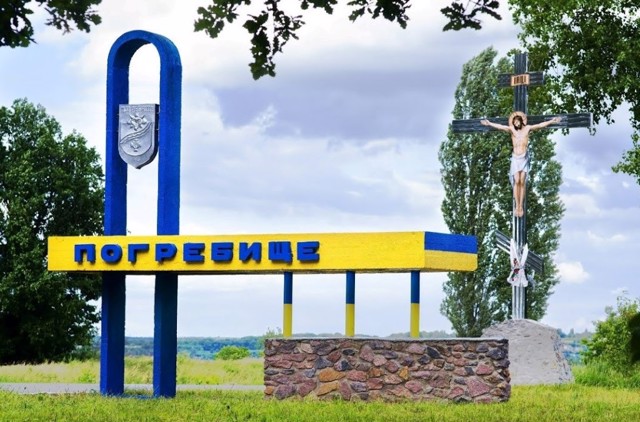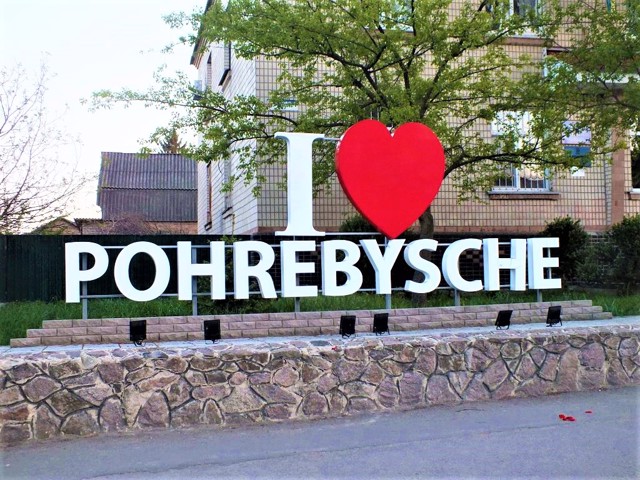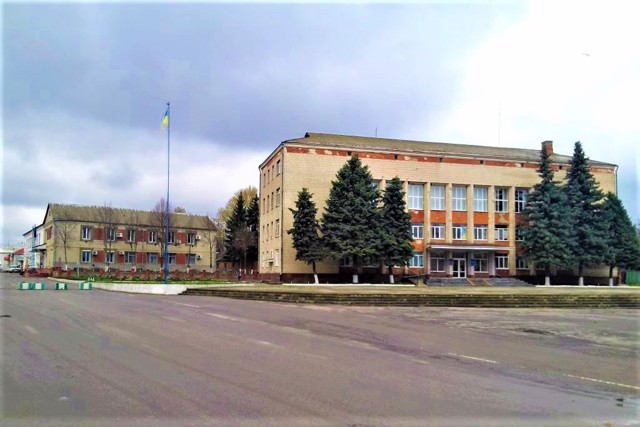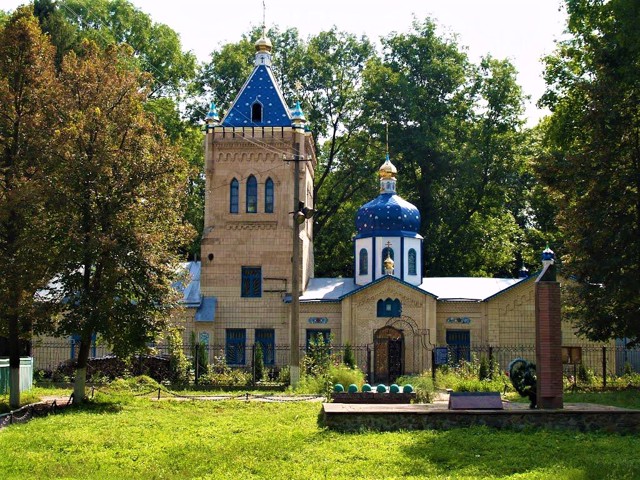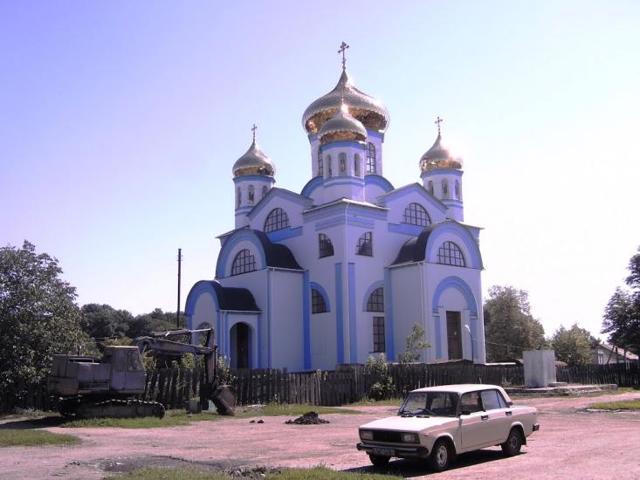Functional temporarily unavailable
Pohrebyshche
Travel guide online Pohrebyshche
General information about Pohrebyshche
The city Pohrebyshche on the Ros River between Vinnytsia and Bila Tserkva arose in the 16th century on the ruins and underground passages (burials) of the ancient Rus settlement Rokytnia, destroyed in the 13th century by the Mongol-Tatars.
In 1569, when these lands belonged to the princes Zbarazsky, the city received Magdeburg rights, a castle was built here (not preserved). During the War of Liberation, Pohrebyshche was captured by the Cossacks, becoming the hundredth town of the Vinnytsia regiment, but in 1653, the troops of Prince Yarema Vyshnevetsky burned it to the ground, executing all the inhabitants.
In the 18th century, th ...
The city Pohrebyshche on the Ros River between Vinnytsia and Bila Tserkva arose in the 16th century on the ruins and underground passages (burials) of the ancient Rus settlement Rokytnia, destroyed in the 13th century by the Mongol-Tatars.
In 1569, when these lands belonged to the princes Zbarazsky, the city received Magdeburg rights, a castle was built here (not preserved). During the War of Liberation, Pohrebyshche was captured by the Cossacks, becoming the hundredth town of the Vinnytsia regiment, but in 1653, the troops of Prince Yarema Vyshnevetsky burned it to the ground, executing all the inhabitants.
In the 18th century, thanks to the Jewish community, trade and crafts began to develop in the city. At that time, Pohrebyshche was the ancestral seat of the Rzhevusky counts. Karolina Rzhevuska (Sobanska), whom Pushkin was in love with, and Evelina Rzhevuska (Hanska), whom Balzac married, were born here.
After the Second World War, there were no notable historical monuments left in the city, except for the Rzhevuski Park (XVIII-XIX centuries) and the Polish cemetery.
In the neighboring village of Krupoderyntsi, the manor of Count Mykola Ihnatiev has been preserved, who, after resigning from the post of Minister of Internal Affairs of the Russian Empire, spent the end of his life in his estate near Pohrebyshche.
Місто Погребище на річці Рось між Вінницею та Білою Церквою виникло в XVI сторіччі на руїнах і підземних ходах (погребах) давньоруського поселення Рокитня, зруйнованого в XIII столітті монголо-татарами.
В 1569 році, коли ці землі належали князям Збаразьким, місто отримало Магдебурзьке право, тут було збудовано замок (не зберігся). Під час Визвольної війни Погребище було захоплене козаками, ставши сотенним містечком Вінницького полку, але в 1653 році війська князя Яреми Вишневецького спалили його вщент, стративши всіх жителів.
В XVIII столітті завдяки єврейській громаді в місті стала розвиватися торгівля та ремесла. В цей час Погреб ...
Місто Погребище на річці Рось між Вінницею та Білою Церквою виникло в XVI сторіччі на руїнах і підземних ходах (погребах) давньоруського поселення Рокитня, зруйнованого в XIII столітті монголо-татарами.
В 1569 році, коли ці землі належали князям Збаразьким, місто отримало Магдебурзьке право, тут було збудовано замок (не зберігся). Під час Визвольної війни Погребище було захоплене козаками, ставши сотенним містечком Вінницького полку, але в 1653 році війська князя Яреми Вишневецького спалили його вщент, стративши всіх жителів.
В XVIII столітті завдяки єврейській громаді в місті стала розвиватися торгівля та ремесла. В цей час Погребище було родовим гніздом графів Ржевуських. Тут народилися Кароліна Ржевуська (Собанська), в яку був закоханий Пушкін, і Евеліна Ржевуська (Ганська), на якій одружився Бальзак.
Після Другої світової війни в місті не залишилося помітних історичних пам'яток, крім парку Ржевуських (XVIII-XIX століття) та польського кладовища.
У сусідньому селі Круподеринці збереглася садиба графа Миколи Ігнатьєва, який після відставки з поста міністра внутрішніх справ Російської імперії провів кінець свого життя в своєму маєтку біля Погребища.
Сплануй своє перебування у Pohrebyshche
What to see and where to go in Pohrebyshche
Tourist attractions and museums of Pohrebyshche
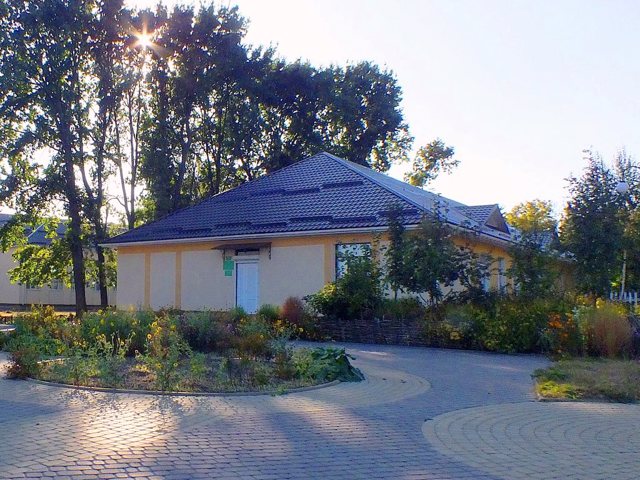
Pohrebyshche Local Lore Museum named Nastya Prysyazhnyuk
Museum / gallery
The Pohrebyshche Local Lore Museum is named after the outstanding Ukrainian folklorist, local historian and teacher Nastya Prysyazhnyuk, who was born and lived most of her life in the town of Pohrebyshche in Vinnytsia region. During her lifetime, she collected more than 6,000 folk songs, 4,600 fairy tales, 6,100 proverbs and sayings.
The institution was founded in 2007 by Nastya Prysyazhnyuk's room-museum at the local school, where she taught until 1957. Currently, the Pohrebyshche Museum of Local Lore is a communal institution of the Pohrebyshche City Council.
It has four expositions: Nastya Prysyazhnyuk's name hall (personal belongings, photographs, letters, monographs), historical and exhibition hall (thematic stands, works of art and folk crafts), ethnographic hall (folk clothes, household items, tools), burial hall - heroes of the Russian-Ukrainian war.
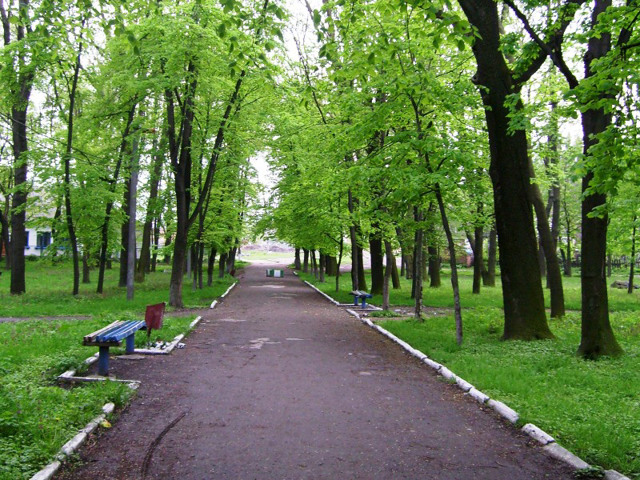
Rzhevusky Park
Park / garden
The city park in Pohrebyshche is all that remains of the estate of the Rzhevusky counts, who owned the city in the 18th and 19th centuries.
An obelisk commemorating the soldiers who died in Afghanistan and other hot spots has been installed in the park.
Reviews Pohrebyshche
Geographical information about Pohrebyshche
| {{itemKey}} | {{itemValue}} |
|---|---|
| Region |
Vinnytsia |
